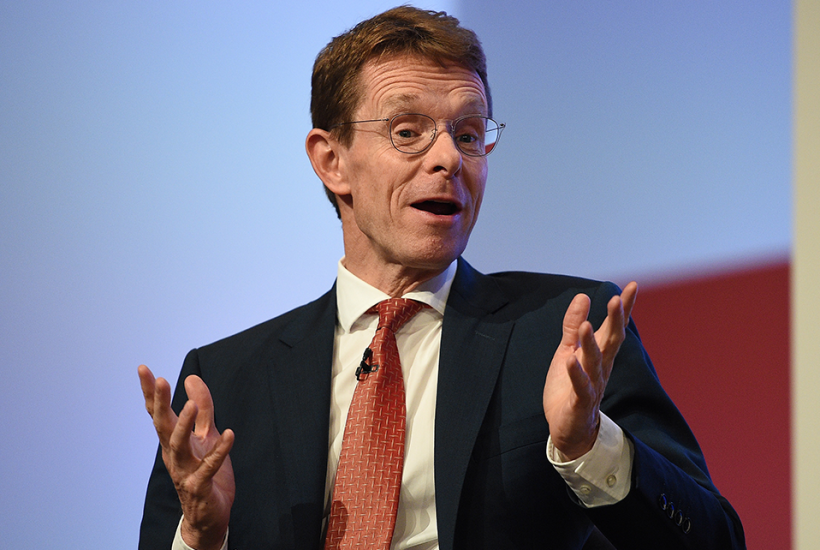Commentators like me often lament the lack of business experience among leading politicians – but also observe how few business leaders ever make successful transitions into the political arena. Archie Norman tried his hand as an opposition front-bencher, didn’t like it, and returned to the boardroom, latterly to lead the revival of Marks & Spencer; Digby Jones moved on from the CBI to serve uncomfortably as a trade minister under Gordon Brown.
Already a subscriber? Log in
Subscribe for just $2 a week
Try a month of The Spectator Australia absolutely free and without commitment. Not only that but – if you choose to continue – you’ll pay just $2 a week for your first year.
- Unlimited access to spectator.com.au and app
- The weekly edition on the Spectator Australia app
- Spectator podcasts and newsletters
- Full access to spectator.co.uk
Or
Unlock this article
You might disagree with half of it, but you’ll enjoy reading all of it. Try your first month for free, then just $2 a week for the remainder of your first year.









Comments
Don't miss out
Join the conversation with other Spectator Australia readers. Subscribe to leave a comment.
SUBSCRIBEAlready a subscriber? Log in